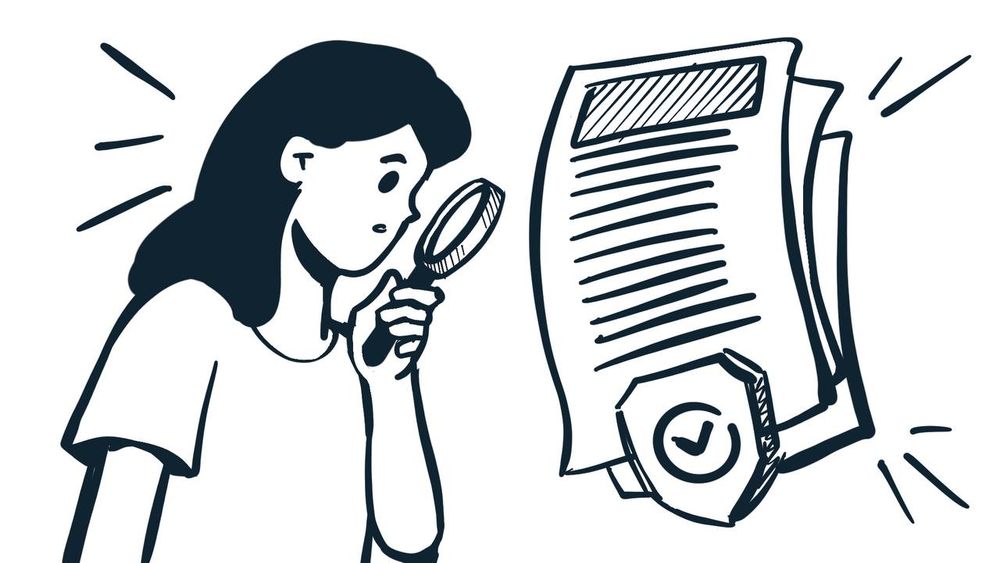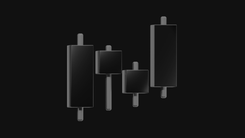- Wallet
- Coinhold 14% APY
- P2P No fee
- Mining
- Referrals
- About
- Help center
- Support
- FAQ
- Support
- For business
What Does ‘Blockchain Censorship Resistance’ Mean and Why Is It Important?

Since its inception, blockchain has been a symbol of digital freedom. Decentralization, transparency, independence from banks and governments — these are the core principles behind it. But there is another critical, yet often overlooked, characteristic that defines the true strength and value of a blockchain: censorship resistance.
Let’s break down what it means, how it works, and why in 2025 it’s crucial for everyone in the crypto ecosystem — from miners to everyday users.
What is Censorship Resistance?
Censorship resistance means a blockchain can process and confirm any transaction without the possibility of external interference, blocking, or cancellation. This means no government, large validator, or node administrator can stop you from transferring cryptocurrency, interacting with a smart contract, or holding funds in your wallet.
Simply put, it guarantees that you can always use your money, and no one has the technical means to interfere with that process.
Why is it Important?
1. Financial Freedom and Autonomy
In the traditional financial system, access to money depends on banks, regulators, and rules that can change unexpectedly. Accounts can be frozen, transfers blocked. In a censorship-resistant blockchain, such actions are technically impossible. Your funds remain yours — in any country, at any time, under any circumstances.
2. Protection for Minorities and Opposition Groups
In many countries, cryptocurrency is often the only means of preserving assets or raising funds for independent media, human rights initiatives, or charitable causes. If a blockchain lacks censorship resistance, any politician or corporate insider can block transactions they disapprove of.
3. System Reliability and Predictability
If a blockchain can be censored, trust in the technology collapses. When external interference is possible, the entire purpose of decentralization is undermined. Censorship resistance ensures equal rules for everyone, without last-minute changes or hidden manipulation.
How is Censorship Resistance Achieved?
It depends on blockchain architecture and participant behavior.
- Decentralization: The more independent nodes and validators, the harder it is for a single party to dictate terms.
- Open-source Code and Transparent Protocols: Anyone can audit how the network operates and verify that rules are consistently enforced.
- Non-centralized Mining or Staking: When control is not concentrated in the hands of a few, manipulation becomes much more difficult.
Who is at Risk?
- Users of centralized exchanges and wallets who don’t control their private keys and can be cut off at any moment.
- Participants in networks with validator centralization (e.g., PoS systems where two or three entities control more than 50% of the stake).
- Developers and projects hosted on centralized servers with code or frontend vulnerable to takedowns.
Why is This Especially Relevant in 2025?
Global regulation of cryptocurrencies is accelerating. KYC, AML, asset freezes, mandatory wallet licensing — these are already realities in Europe, the US, and parts of Asia. The more governments intervene in digital infrastructure, the more valuable censorship resistance becomes.
There’s a paradox: the more mainstream crypto becomes, the more vulnerable it is to external interference. This is why users are starting to choose not just convenient tools, but fundamentally independent ones.
How Should Users Protect Themselves?
- Always check who controls the keys in your wallet.
- Use decentralized protocols if you want to avoid reliance on single operators.
- Study blockchain architecture — how decentralized it is, how validators are chosen, who has power to interfere.
Balancing Freedom and Convenience
Total decentralization can come with technical complexity. However, new solutions are emerging that combine ease of use with security and independence. One example is EMCD Wallet.
EMCD Wallet offers:
- Full user control over funds.
- Support for decentralized Web3 functions.
- A beginner-friendly interface.
- No unnecessary permissions required for basic transactions.
Conclusion
Censorship resistance is not just a technical term — it’s the foundation of trust in cryptocurrency. Without it, blockchain becomes just another banking app in disguise. With it, blockchain remains what it was meant to be: a free, sovereign, and equal financial system.
You can start small — like switching to a wallet where only you control your finances, such as EMCD Wallet.




